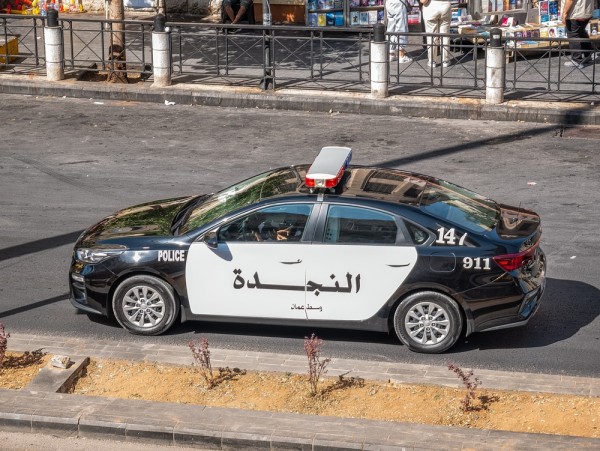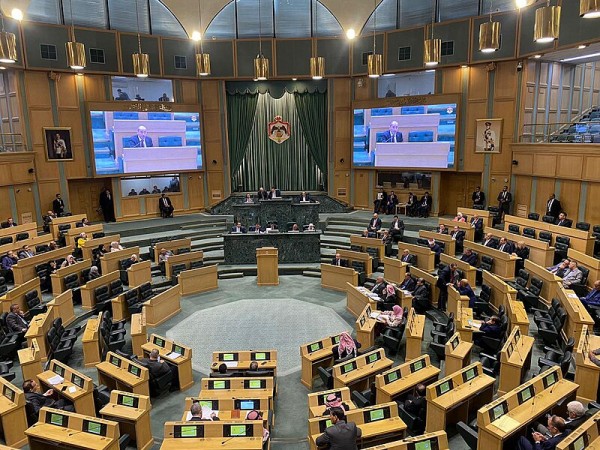Journalists in Arab countries are facing mounting challenges – kidnappings, assassinations and imprisonment amongst them – Nidal Mansour said the other day in opening the third Arab Forum for Media Freedom Defenders, or MFD.
Mansour heads the Center for Defending Freedom of Journalists, an Amman group that documents efforts to subvert the news media. One of the organisation’s concerns is home-grown: Jordan’s year-old licensing mandate for Internet news portals, or what Mansour referred to as an example of “the hijacking of websites”.
Jordan requires news websites to register with the government and be headed by an editor who is a member of the journalists’ syndicate. Depending on which side of this controversial measure you stand on, the provision of the Press and Publications law is either a bold move to improve professionalism in the burgeoning online media, or a not-so-subtle effort to strengthen political control over what is reported – and by whom. Online journalists complain that the obligation to have an editor who is a syndicate member discourages competition and effectively bars young people from launching news sites. Outraged by regulators’ move to block websites that weren’t in compliance with the law, editors have gone to court, organised protests or found technical ways to outmanoeuvre the authorities. Only the latter have been successful.
The registration requirement should be a warning to journalists in other countries, one editor told me today, adding that it is a way to keep independent media in check. Other journalists also fear Jordan’s law could set a precedent for any regime keen on limiting the flow of news. “Even in Egypt we don’t have to register our websites,” an Egyptian senior journalist said when I asked about the Jordanian law.
That is where events like the MFD could play an important role in building regional solidarity to fend off new threats to media freedom. Some 350 journalists and media activists from Arab countries discussed their experiences during the two-day forum, of which IPI was partner. Government meddling in traditional media is a regrettably old story, but many are becoming bolder in targeting online news sites. Despite the controversy over the registration mandate, Jordan’s parliament recently approved counter-terrorism amendments aimed at digital media. If they become law, as expected, local journalists fear the new legal powers would further harm news websites and discourage legitimate dissent.
Politicians may want to note that it is not just journalists and media activists worried about giving national powers more authority over the Internet’s global space. A recent poll by the Pew Research Center showed that 86% of those in Lebanon, 83% in Egypt, 69% in Jordan and 62% of Palestinians said it was important that they have access to the web without government censorship.
The MFD concluded on Sunday with calls for solidarity in defending the freedom of traditional media as well as the rapidly growing electronic sphere. That will lead to inevitable clashes with the authoritarian view that without government power to subvert independent news coverage, there will be political chaos. As Mashallah Shamsolvaezin, the Iranian journalist who is IPI’s 2014 World Press Freedom Hero, said at the opening of the forum: “Political stability and stability of press freedom go hand-in-hand. Give us stability so that we can do our jobs to inform the public.”


